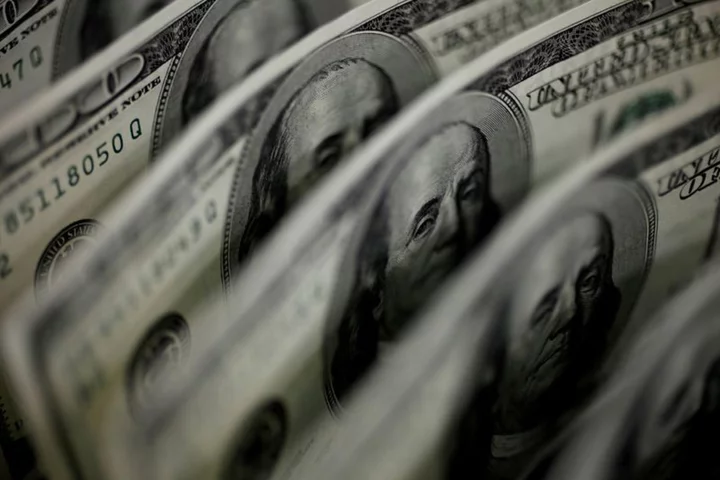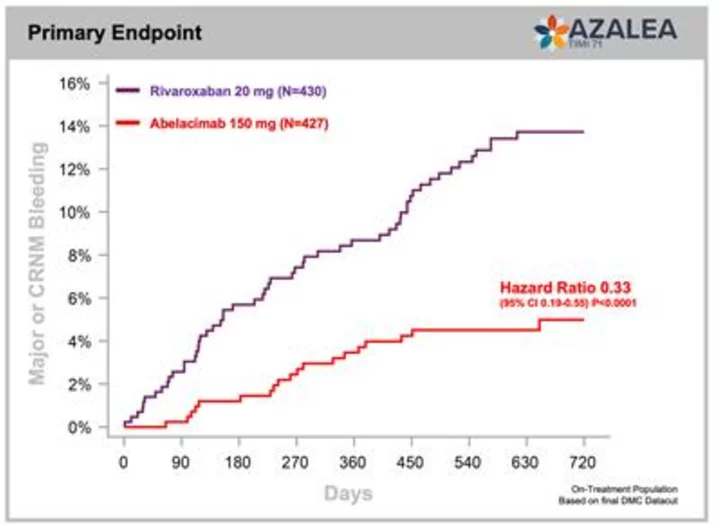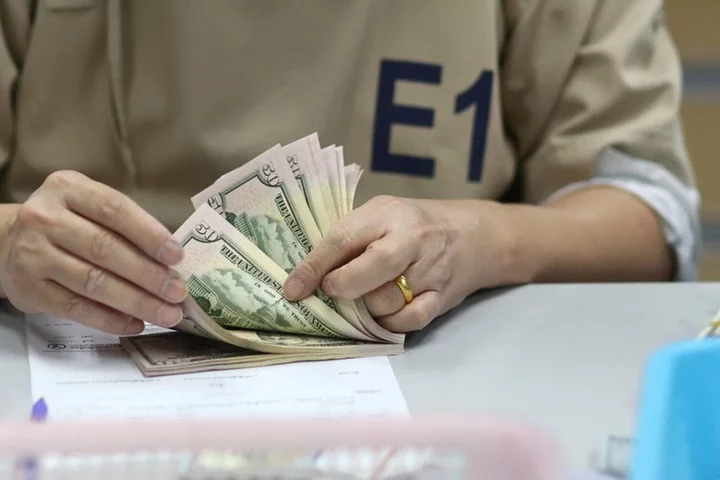By Kevin Buckland
TOKYO The U.S. dollar remained under pressure on Tuesday, weighed down by the risk of a U.S. default as a standoff between Democrats and Republicans over raising the debt ceiling showed few signs of being resolved.
The dollar index - which measures the currency against a basket of six major peers - was little changed at 102.39 after sliding 0.26% overnight, retreating from a five-week high.
The greenback had been buoyed last week by both safe-haven demand amid a sputtering Chinese COVID recovery and by a surprise jump in U.S. consumer inflation expectations, which led markets to put the risk of a June Federal Reserve rate hike back in play.
This week, though, the looming borrowing limit - which Treasury Secretary Janet Yellen reiterated could be hit as soon as June 1 - has forced its way to the front of investor minds.
President Joe Biden expressed confidence a deal could be done in time ahead of an expected meeting with congressional leaders later Tuesday. However, Republican House of Representatives Speaker Kevin McCarthy said the two sides were still far apart.
"U.S. dollar price action has been very messy in recent days, reacting sharply to data," said Sean Callow, a senior FX strategist at Westpac.
"There is also arguably some debate over what increased stress over the debt ceiling means for USD," he added. "JPY and CHF seem likely beneficiaries, but we have numerous historical examples of global market trauma caused by the U.S. that actually sees the dollar strengthen."
Westpac sees the potential for the dollar index to drop to around 101.05 in the near term.
The euro, which has the greatest weight in the dollar index, ticked up 0.06% on Tuesday to $1.0879, after bouncing off a five-week low overnight.
Sterling was largely steady at $1.2529, following a 0.67% rally from Monday.
The yen, which had been hit by the wider spread between U.S. and Japanese long-term yields, pulled itself off a nearly two-week low.
The dollar lost 0.13% to 135.915 yen after rising to 136.32 on Monday.
The 10-year Treasury yield eased to around 3.49% in Tokyo from as high as 3.511% overnight.
The dollar declined 0.08% to 0.8949 Swiss franc.
The Australian and New Zealand dollars, which are not part of the dollar index, remained bid ahead of China retail sales data, despite recent macroeconomic readings from their key trading partner pointing to tepid domestic demand.
The Aussie rose 0.07% to $0.67045, while New Zealand's kiwi gained 0.16% to $0.62525. (This story has been corrected to say the dollar index retreated from 5-week high, not 5-month high, in paragraph 3.)
(Reporting by Kevin Buckland; Editing by Shri Navaratnam)









